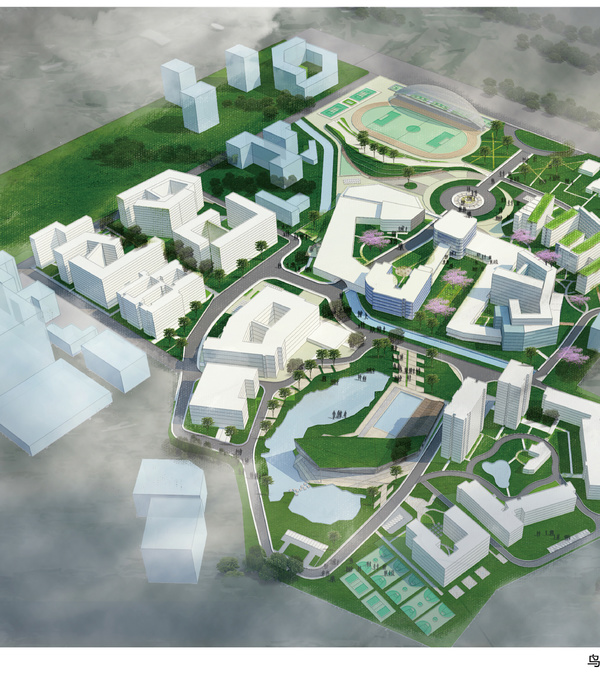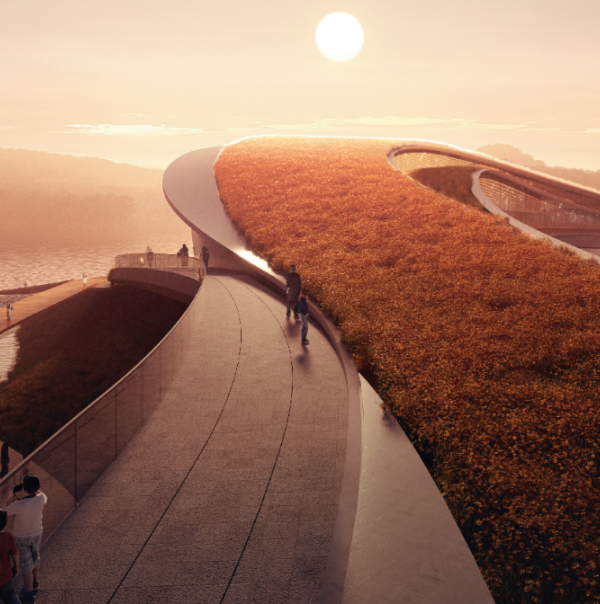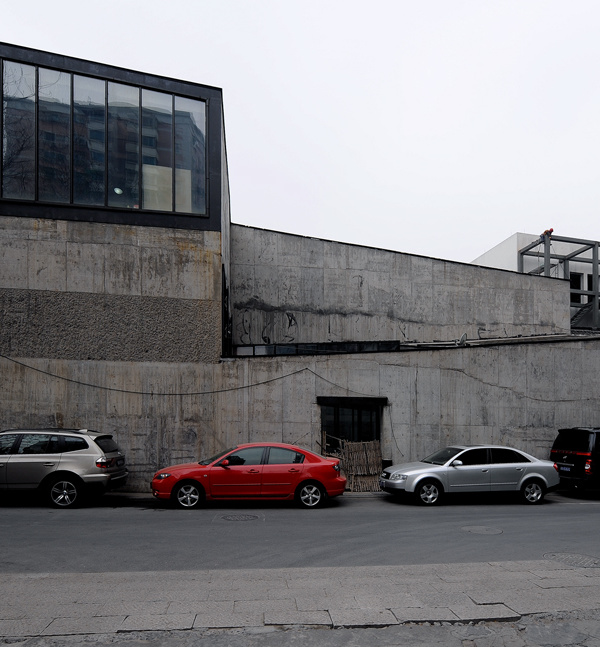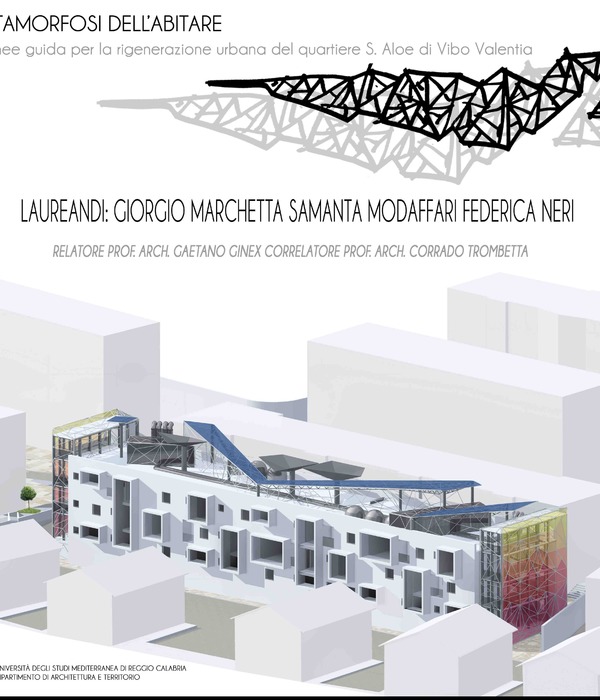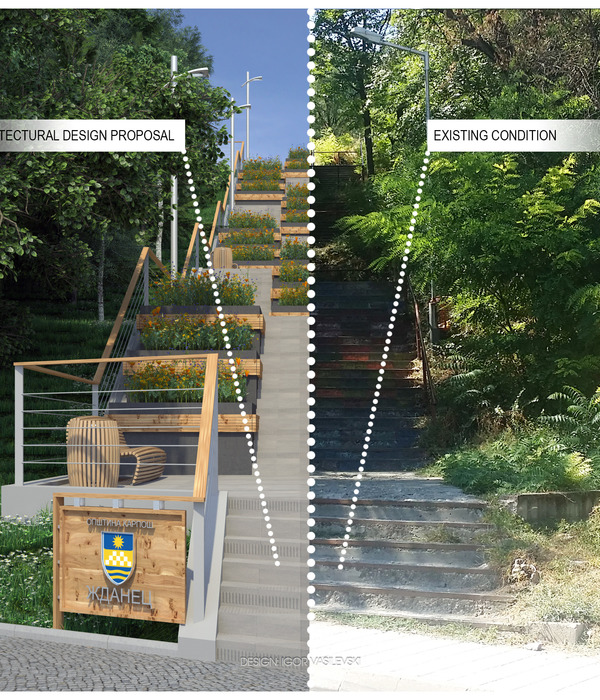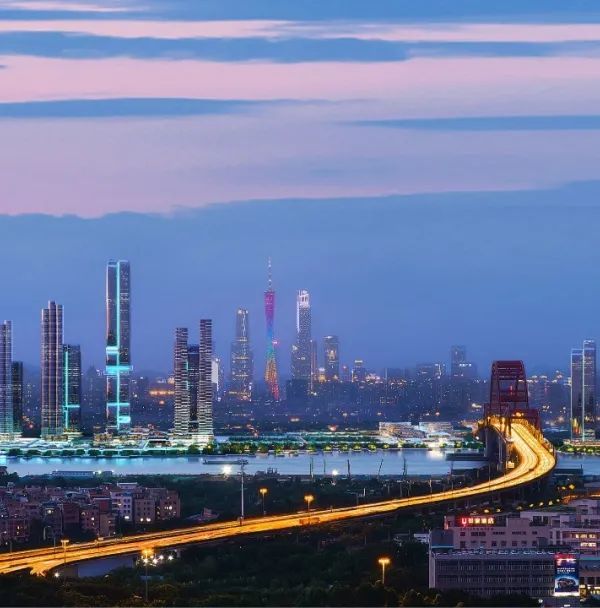Disco Distancia is a project that was featured during the Mextropoli Architecture Festival at the Los Pinos Cultural Center in Mexico City, Mexico. The open-air pavilion pays tribute to local dance groups that gather in public spaces throughout Mexico City, but haven’t been able to practice their craft during the ongoing pandemic. The various sculptures arranged in the public plaza project shadows into the ground creating an effect of a party which invites new visitors to join in and experience different dance styles throughout the pavilion.
The main concept of the pavilion is to use shadows as a way to represent people, their body movements, and various dance styles that used to take place in public spaces in Mexico City. Interviews and photos were taken of some of the dance groups that used to occupy these space as an inspiration for the sculptures in the pavilion. These photos were then turned into sculptures made out of foam which are supported by metal rebar posts and attached to concrete weights. The shapes and sizes of the foam sculptures mimic the bodies of the actual dancers in turn creating shadows of their presence as if they never left the space.
The sculptures are arranged in a way that follows social distancing allowing for new visitors to walk inside the installation adding their shadows to the party of shadows already there. There are 2 zones within pavilion: the couples zone is occupied by dancing shadows, while the single zone invites new visitors to come inside and dance with a shadow of a partner already there. To help the visitors with their dance moves various dance steps have been added in the single zones showing different styles such as salsa, rumba, and bachata. The bottom of the foam sculptures has a mirror film which mimics the aesthetic of a disco ball, inviting all the visitors from different parts of the street into the discotheque at the plaza in front of the cultural center.
{{item.text_origin}}


